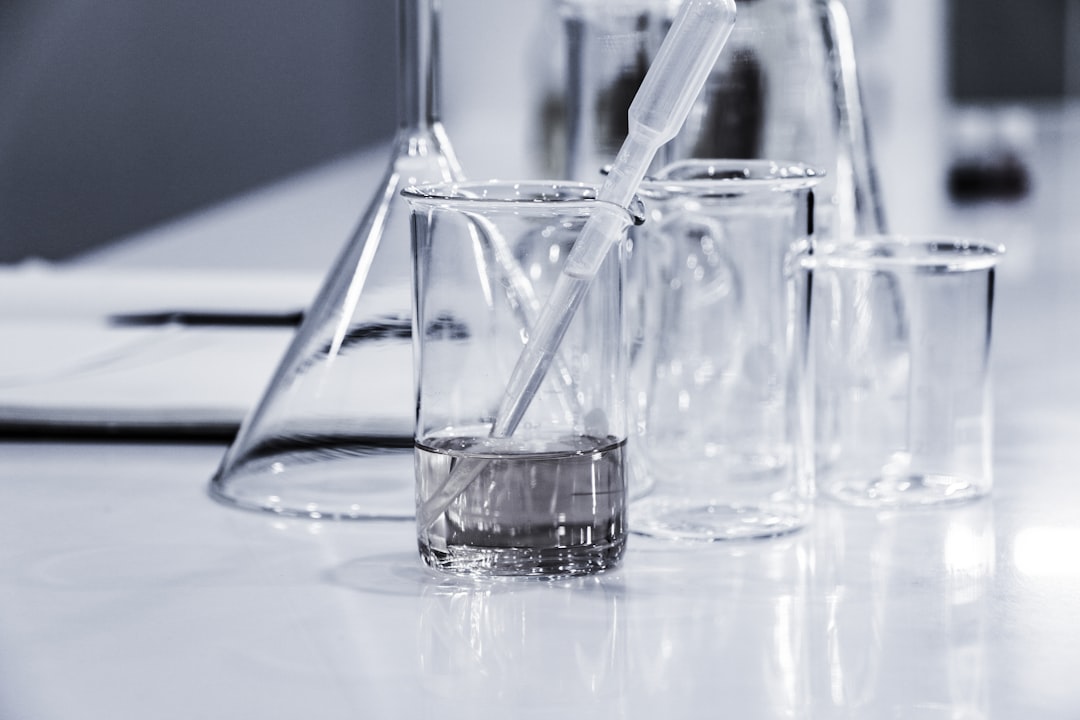The Future of Accurate Medical Diagnosis: An AI-Powered Tool
In recent times, the healthcare industry has been experiencing a shift in how medical diagnosis is conducted. With the integration of Artificial Intelligence (AI) into the medical field, doctors and healthcare professionals are now able to make more accurate diagnoses and deliver personalized treatment to patients. AI-powered tools have the ability to process vast amounts of medical data quickly and accurately, leading to more efficient healthcare services.

Hans Reniers, Location: Nice, France
AI-powered diagnostic tools have the potential to transform the healthcare industry for the better by improving the accuracy of diagnoses, reducing the amount of time it takes to diagnose illnesses, and allowing physicians to provide personalized treatment options. These tools allow doctors to analyze patient data faster than ever before, leading to more accurate and timely diagnoses.
One of the most promising applications of AI in medical diagnosis is in the field of radiology. Radiologists use medical imaging techniques to diagnose diseases such as cancer, heart diseases, and brain injuries. AI-powered diagnostic tools can assist radiologists in analyzing medical images and detecting abnormalities that may be missed during traditional diagnosis.
AI can also help physicians predict the likelihood of disease before symptoms start to manifest. For instance, AI-powered tools can be used to monitor patients with hypertension or diabetes, detect early stages of cancer, and track changes in brain function that can point to conditions such as Alzheimer's disease.
Moreover, AI-powered diagnostic tools can expedite a diagnosis and avoid misdiagnosis which can save lives. For instance, Misdiagnosis of medical conditions is common in the healthcare industry, leading to the wrong treatment being administered to patients, which can ultimately lead to death. AI-powered tools can help to prevent such misdiagnoses by analyzing patient's data and providing accurate results to physicians.
AI has the potential to revolutionize the healthcare industry, but it's not without its challenges. One significant challenge is integrating AI-powered diagnostic tools into existing healthcare systems. Healthcare professionals must be trained to use these tools, and data privacy concerns must be addressed. Additionally, further research is required to confirm the accuracy and reliability of these tools.
To sum it up, AI-powered diagnostic tools have the potential to be the game-changer in the healthcare industry. By reducing the time it takes to diagnose diseases, improving the accuracy of diagnoses, and providing personalized treatment options, AI promises to transform the healthcare industry in the long run. On the other hand, awareness must be created regarding these miraculous tools among the medical community to leverage its full potential. Socialdraft offers AI-powered chatGPT prompts that can be useful for doctors to analyze diagnosis or medical images. With the increasing demand, it's likely that more AI-powered prompts and tools will be coming to the market for the healthcare industry.
